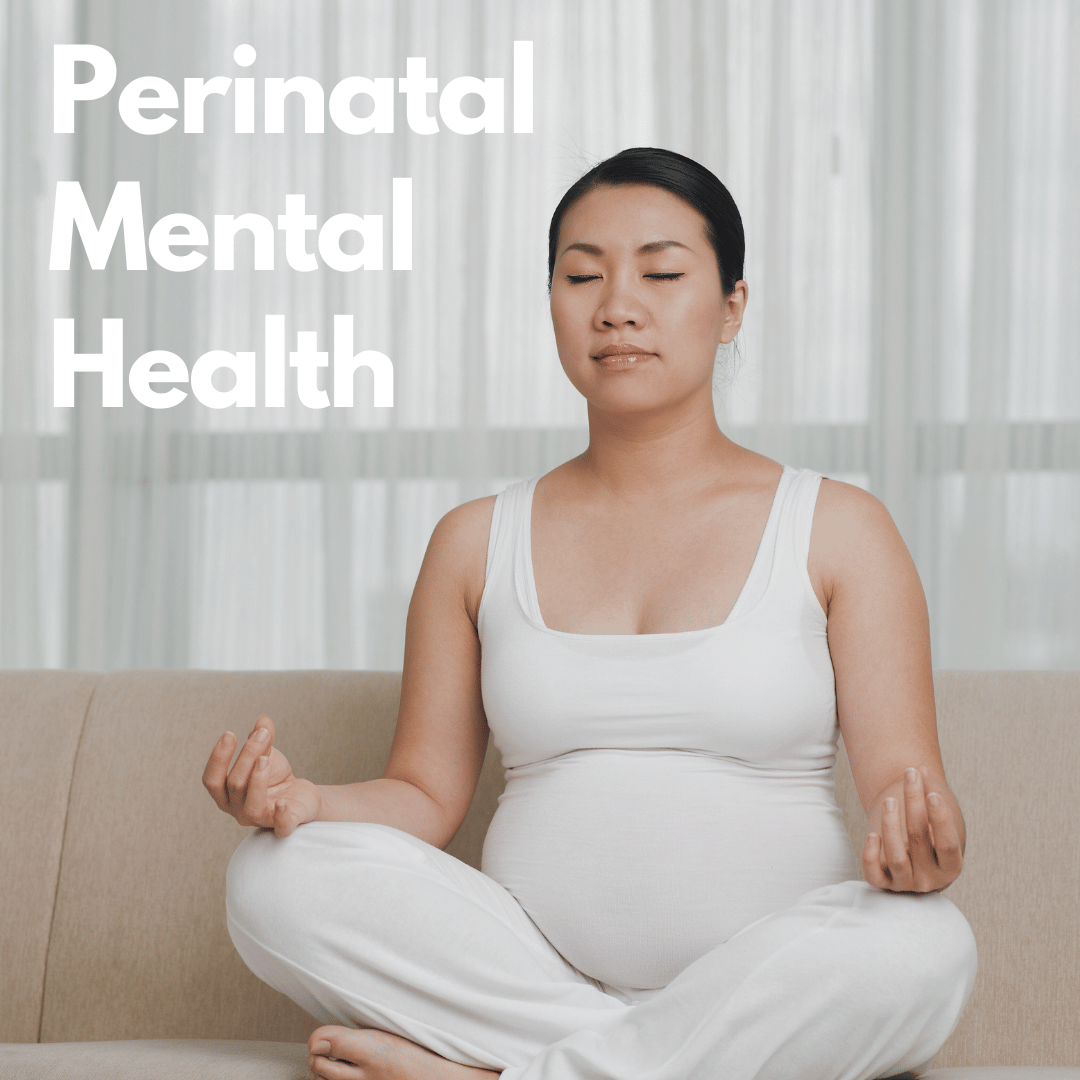
Perinatal Mental Health
Rachel BushShare
Perinatal Mental Health: Understanding the Spectrum of Challenges
Perinatal Period refers to the time from pregnancy up to a year after childbirth. The Postnatal/Postpartum Period refers to the first year after birth. I write this article as an experienced practising midwife & owner of Midwives Own Brand, offering a curated collection of products suitable for the new & expecting mother.
Some women may become unwell during pregnancy or after childbirth, especially if they experienced stress during pregnancy or had previous mental health issues. In Australia, 1 in 5 women experience perinatal mental health issues.
The 'Baby Blues'
It is common for women to feel "not themselves" after childbirth. This typically occurs between 3 to 10 days post-birth due to hormonal changes, lack of sleep, and other factors. Symptoms include feeling weepy or crying over minor things, having mood swings or being irritable, feeling unattached or un-bonded to the baby, missing parts of pre-baby life, worrying about the baby’s health and safety, restlessness or insomnia, and difficulty making decisions or thinking clearly. These symptoms usually disappear within a few days with rest and support. If symptoms persist beyond two weeks, it could indicate a more serious mental health condition.
Postnatal/Postpartum Depression
Postnatal depression affects up to 10% of women during pregnancy and up to 16% of women in the first year post-birth. It also affects around 10% of fathers, with up to 20% experiencing anxiety (NSW Health 2020). Symptoms include depressed mood or irritability, diminished interest in activities, significant weight or appetite changes, sleep problems, fatigue or tiredness, feelings of worthlessness or guilt, inability to concentrate or think clearly, and recurrent thoughts of death or suicide.
Perinatal Anxiety Disorders
Perinatal anxiety disorders include generalised anxiety disorder, obsessive-compulsive disorder (OCD), panic disorder, and social phobia. These disorders occur in up to 20% of women and it is common to have both anxiety and depression simultaneously. Symptoms include feeling restless, on edge, or panicky, worrying about uncontrollable things, easily fatigued, difficulty concentrating, irritability, fearfulness, muscle tension, sleep disturbances, panic attacks, and avoidance behaviours, such as avoiding the baby or social interactions.
Postnatal/Postpartum Psychosis
Postnatal psychosis is a severe illness that can endanger both mother and baby and requires urgent psychiatric care. It is often related to bipolar disorder or schizophrenia, with a high risk for those with bipolar disorder or a history of postnatal psychosis. Symptoms include delusional beliefs, disorganised thinking and confusion, rapid mood changes or irritability, and hallucinations.
Supporting a Partner with Perinatal Illness
You can help support your partner by assisting perinatal mental health professionals in understanding your partner's wellbeing, participating in therapeutic programs or care plans, attending meetings or assisting if your partner is in a mother-baby mental health unit, and offering to accompany them to appointments.
Embracing Motherhood
Motherhood is a challenging yet rewarding journey. It is essential to prioritise self-care to navigate this period healthily. Check out our full range of Pregnancy, Postpartum & Newborn essentials to help you prioritise self-care.
